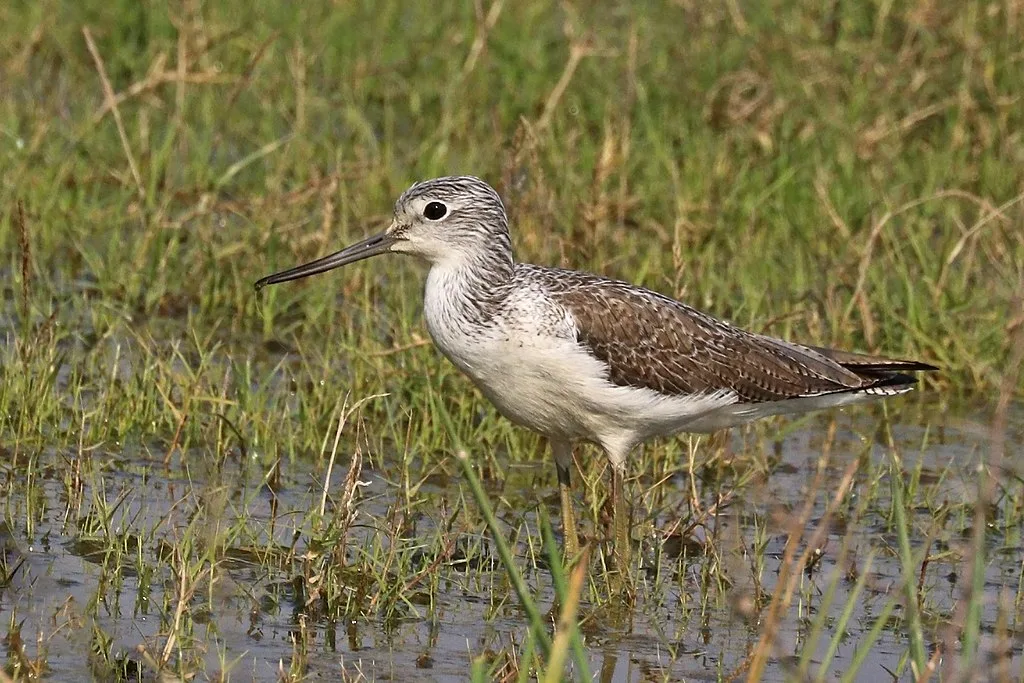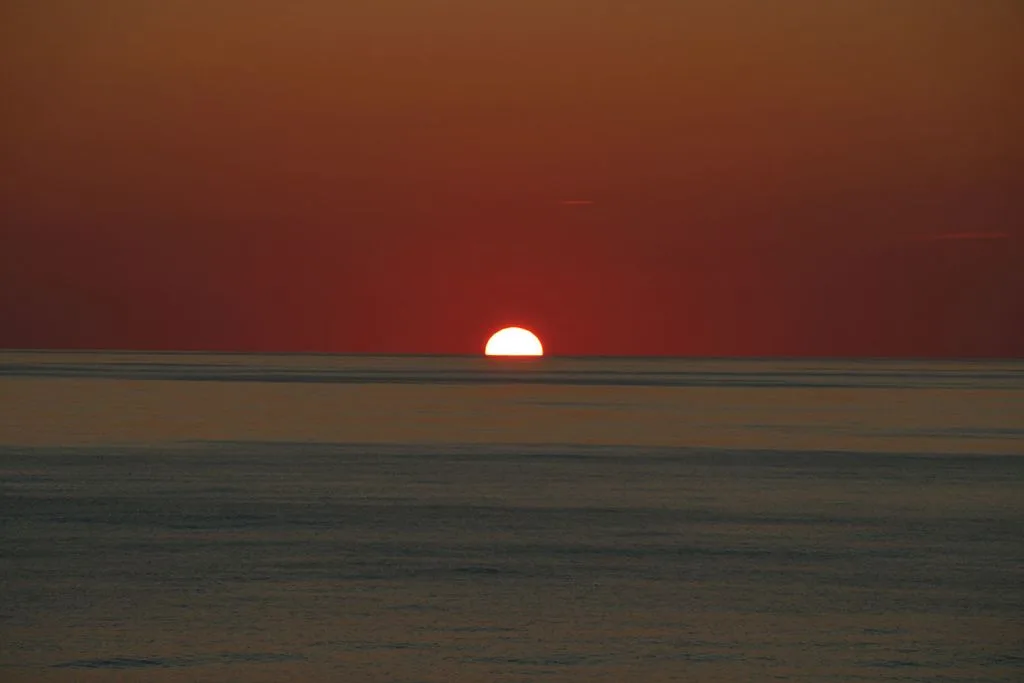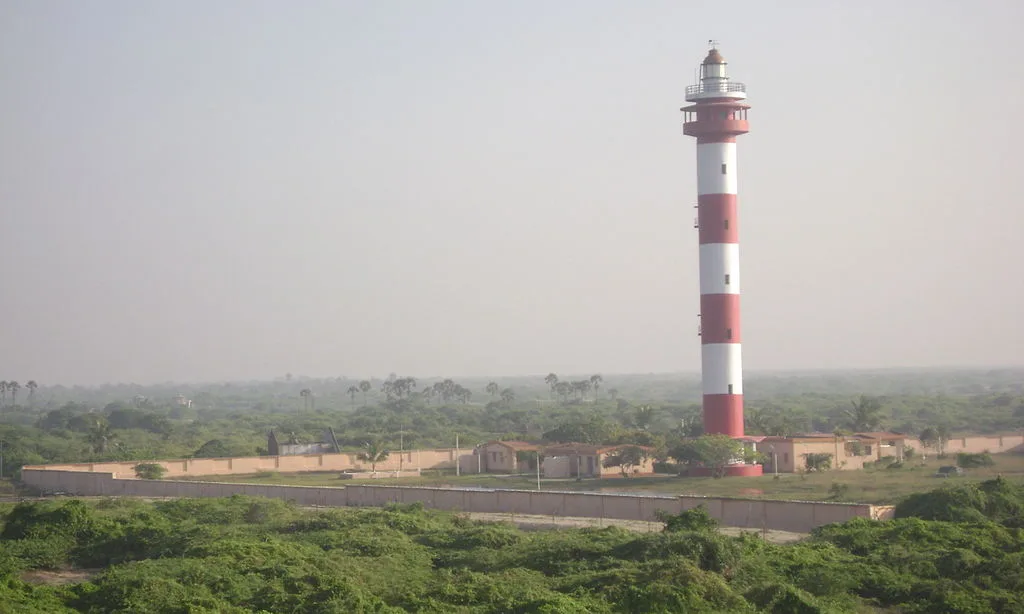Imagine a place where the azure waters meet the vibrant greens, where the coastal breeze carries the melodious symphony of countless birds, and where each step brings you closer to nature’s remarkable spectacle. Welcome to Point Calimere Wildlife and Bird Sanctuary, a hidden gem for bird photography enthusiasts and a haven for nature lovers like me.
The Unique Charms of Point Calimere Wildlife and Bird Sanctuary
Nestled on the southeastern coast of India, Point Calimere Wildlife and Bird Sanctuary is a coastal paradise that captivates the senses. Spanning over 21 square kilometers, this sanctuary is a mesmerizing blend of pristine beaches, mangrove forests, and dry evergreen forests. What sets Point Calimere apart is its strategic location along the East Coast Flyway—an avian highway that attracts a plethora of migratory birds.
Point Calimere isn’t just a sanctuary; it’s a living testament to conservation and biodiversity. The unique blend of terrestrial and marine ecosystems here creates an ideal habitat for both resident and migratory birds. The pristine beauty of this coastal sanctuary offers endless opportunities for bird photographers to capture the stunning avian world.
Flora and Fauna at Point Calimere Wildlife and Bird Sanctuary

As you set foot in Point Calimere, you’ll be enveloped by the tranquil beauty of coastal flora and the symphony of birdsong. The sanctuary’s diverse habitats, including mudflats, salt pans, and swamps, provide a picturesque backdrop for your bird photography.
Now, let’s turn our attention to the true stars of the show—the birds. Point Calimere is renowned for its rich diversity of avian residents. The sanctuary is home to several endemic and threatened species, making it a crucial conservation area. Keep your camera ready to capture the elegant Lesser Flamingos, the charismatic Black-necked Storks, and the regal Painted Storks as they forage in the shallow waters.
Endemic and Migratory Marvels

Point Calimere’s allure lies in its ability to host both endemic and migratory birds. The resident species include the Asian Openbill Stork, the Common Greenshank, and the Lesser Sand Plover. These birds can be spotted year-round, making Point Calimere a rewarding destination for birding enthusiasts at any time.
However, for an extraordinary bird photography experience, plan your visit during the migratory season, which typically spans from November to February. This is when Point Calimere transforms into a bustling avian metropolis, welcoming thousands of migratory birds from as far as Siberia and Europe. Keep your lens ready to capture the mesmerizing sight of Greater Flamingos, Eurasian Spoonbills, and a myriad of shorebirds as they grace the serene coastal waters.
Planning Your Birding Expedition to Point Calimere Wildlife and Bird Sanctuary
So, you’ve decided to embark on a bird photography journey to Point Calimere? Here’s a roadmap to ensure you make the most of your visit:
Local Expertise
While exploring the sanctuary is an enriching experience on its own, consider seeking the guidance of a local naturalist or guide. They possess valuable insights into the habits and habitats of the birds, helping you spot even the most elusive species. You can easily find guides familiar with Point Calimere’s avian residents near the entrance.
Local guides are not only knowledgeable about birds but also offer a deeper understanding of the sanctuary’s ecology and the critical role it plays in bird conservation. Their expertise adds depth to your bird photography and enhances your appreciation of the avian world.
Accommodations
For an immersive birding experience, consider staying in nearby towns such as Vedaranyam or Nagapattinam. These towns offer a range of accommodations to suit different budgets, and they provide convenient access to Point Calimere. Staying nearby allows you to maximize your birdwatching opportunities and experience the serenity of the coastal landscape.
Ideal Time to Visit
The best time to visit Point Calimere for bird photography largely depends on your preferences. If you’re eager to witness the bustling activity of migratory birds, plan your trip between November and February. During this period, the sanctuary becomes a vibrant hub of avian activity.
However, if you prefer a quieter atmosphere and wish to observe resident species, other months also offer rewarding birdwatching experiences. From June to September, the monsoon season transforms the sanctuary into a lush green paradise, with several bird species engaged in breeding activities.
Getting There
Accessing Point Calimere is relatively convenient. If you’re traveling from Chennai, the capital of Tamil Nadu, it’s approximately a 6-hour drive to reach the sanctuary. The journey takes you through picturesque coastal landscapes and charming villages.
Alternatively, you can take a train to Nagapattinam, the nearest railway station, which is about a 2-hour drive from Point Calimere. Nagapattinam is well-connected to major cities in Tamil Nadu and other parts of India.
Beyond Birdwatching
While Point Calimere is primarily known for its avian population, there’s more to explore:
Beaches and Coastline

The sanctuary is located along the pristine Coromandel Coast. Spend some time relaxing on the sandy beaches, listening to the gentle waves, and watching coastal birds like Sandpipers and Plovers. The coastal landscapes provide a picturesque setting for bird photography.
Mangrove Trails

Point Calimere is also home to dense mangrove forests. Explore the mangrove trails to experience the unique beauty of these ecosystems. Keep an eye out for birds like the White-bellied Sea Eagle and the Collared Kingfisher, which frequent the mangroves.
Ancient Lighthouse

Visit the historic Point Calimere Lighthouse, which stands as a sentinel on the coast. Climb to the top for panoramic views of the sanctuary and the coastline. It’s an excellent vantage point for bird photography, offering a different perspective of the avian world.
Tips and Techniques
Before you embark on your bird photography journey to Point Calimere, here are some valuable tips to make the most of your experience:
- Equipment: Ensure you have a telephoto lens with a focal length of at least 300mm to capture distant birds. Carry extra memory cards and batteries to avoid missing a perfect shot.
- Silence and Stealth: Birds are sensitive to noise and movement. Maintain a low profile and move quietly to avoid disturbing them. Quick and sudden movements can startle the birds, causing them to fly away.
- Patience: Bird photography often requires waiting for the perfect moment. Be patient, observant, and ready to seize the opportunity. Bird behavior can be unpredictable, so stay prepared.
- Respect Nature: Adhere to the sanctuary rules and guidelines to ensure the well-being of the birds and their habitats. Avoid littering, feeding the birds, or getting too close to their nesting sites.
In Conclusion
Point Calimere Wildlife and Bird Sanctuary is a testament to the incredible biodiversity and natural splendor that graces India’s southeastern coast. It is a sanctuary where the serene mangroves, pristine beaches, and coastal woodlands converge to create a haven for wildlife and avian enthusiasts alike.
Visiting this sanctuary is not just an opportunity to witness the graceful dance of flamingos and the playful antics of spotted deer; it’s a journey into the heart of nature’s marvels. Point Calimere reminds us of the vital importance of conserving such fragile ecosystems, safeguarding the future of the species that call it home, and preserving the beauty of our natural world for generations to come.
